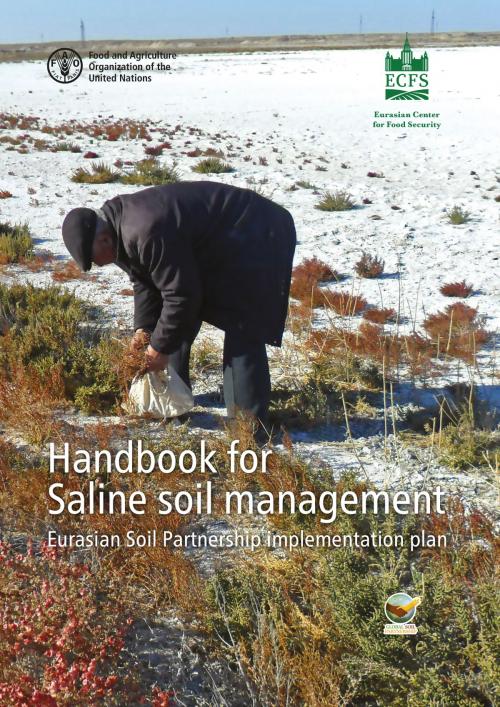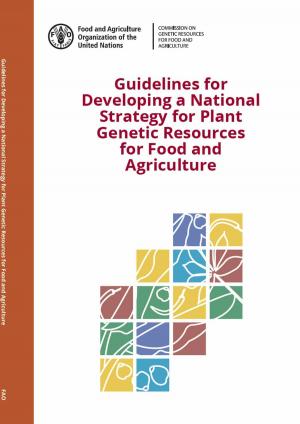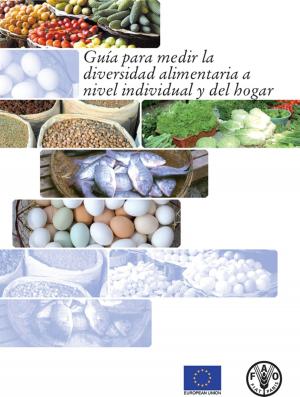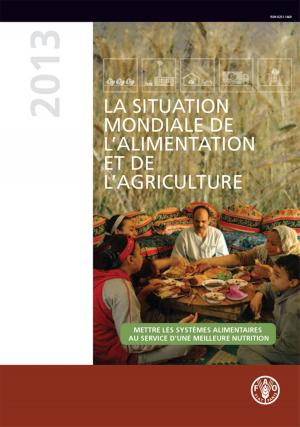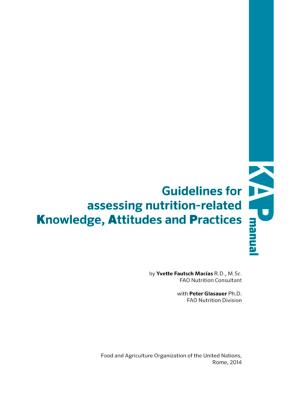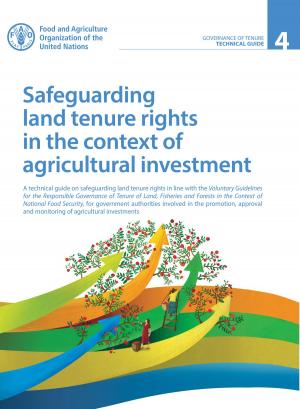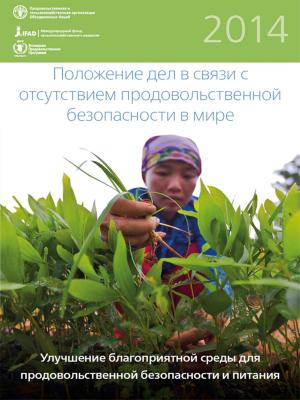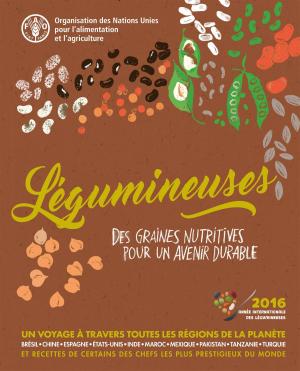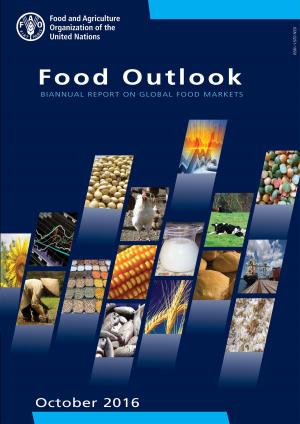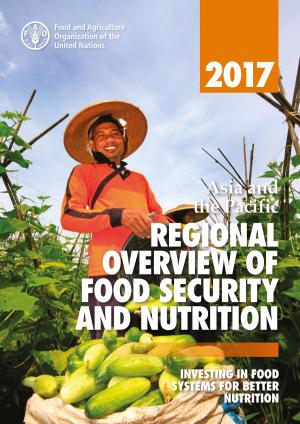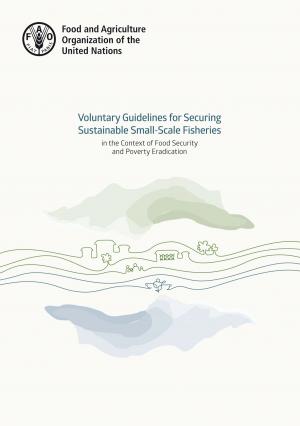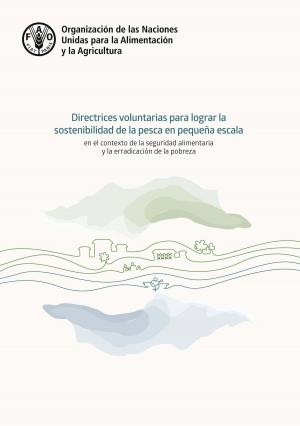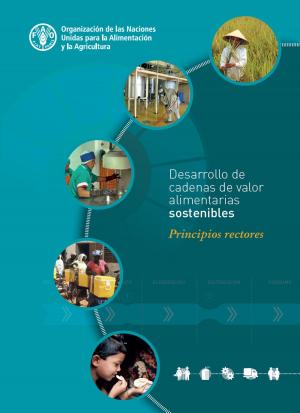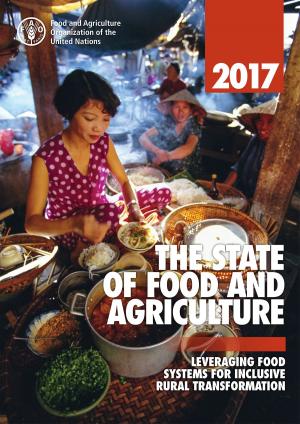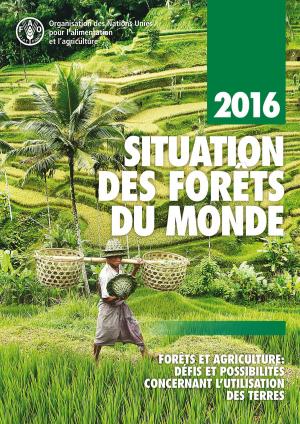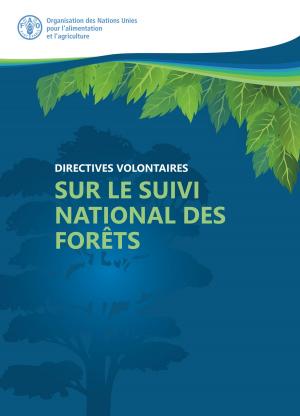Handbook for Saline Soil Management: Eurasian Soil Partnership Implementation Plan
Nonfiction, Social & Cultural Studies, Social Science| Author: | Food and Agriculture Organization of the United Nations | ISBN: | 9789251303016 |
| Publisher: | Food and Agriculture Organization of the United Nations | Publication: | March 6, 2018 |
| Imprint: | Smashwords Edition | Language: | English |
| Author: | Food and Agriculture Organization of the United Nations |
| ISBN: | 9789251303016 |
| Publisher: | Food and Agriculture Organization of the United Nations |
| Publication: | March 6, 2018 |
| Imprint: | Smashwords Edition |
| Language: | English |
This workshop is conducted within the framework of the Implementation Plan of the Eurasian Soil Partnership, which is a sub-regional affiliation of the Global Soil Partnership. The main goals of the Global Soil Partnership (GSP) and Regional Soil Partnerships (RSPs) include the development of global and regional plans of action for the sustainable management and monitoring of limited soil resources as a key element, as well as the maintenance of food security and ecological services of soils. The RSPs rely on the existing regional networks that connect the national and local networks, partners, projects and measures to ensure that the interests of all member countries of the partnership are taken into account. A RSP should give directives for the development of regional targets, priorities and ìrequred mechanisms of implementation and also undertake regular assessments of progress in reaching goals and accomplishing the tasks.
The Eurasian Region covers Eastern Europe, Central Asia and Caucasus and includes the following countries: Armenia, Azerbaijan, Belarus, Georgia, Kazakhstan, Kyrgyzstan, Moldova, Russia, Tajikistan, Turkey, Turkmenistan, Ukraine and Uzbekistan. The Eurasian Region is diverse in terms of climatic conditions, soils, flora and fauna, land use and human activities. Soil degradation is a serious problem within this region, with its most destructive consequences including salinization, erosion, loss of soil organic matter, nutrients and biodiversity as well as soil compaction.
Soil salinization presents a serious challenge that requires co-ordination between countries that share common water and land resources. International co-operation is also needed to attract and manage investment into water and land resources. It should be emphasized that salinization is both the cause and the result of other agricultural problems. Combating salinization should, together with other measures for achieving the sustainable intensification of agriculture, be considered as a basis for food security.
This handbook was prepared by authors from almost all the countries that are included in the sub-regional Eurasian Soil Partnership together with representatives from leading scientific and industrial organizations dealing with soil salinization. We hope that our work will be useful for solving some of the important problems within the region and help with the implementation of innovative technologies for the prevention of soil salinization and amelioration of salt-affected soils
This workshop is conducted within the framework of the Implementation Plan of the Eurasian Soil Partnership, which is a sub-regional affiliation of the Global Soil Partnership. The main goals of the Global Soil Partnership (GSP) and Regional Soil Partnerships (RSPs) include the development of global and regional plans of action for the sustainable management and monitoring of limited soil resources as a key element, as well as the maintenance of food security and ecological services of soils. The RSPs rely on the existing regional networks that connect the national and local networks, partners, projects and measures to ensure that the interests of all member countries of the partnership are taken into account. A RSP should give directives for the development of regional targets, priorities and ìrequred mechanisms of implementation and also undertake regular assessments of progress in reaching goals and accomplishing the tasks.
The Eurasian Region covers Eastern Europe, Central Asia and Caucasus and includes the following countries: Armenia, Azerbaijan, Belarus, Georgia, Kazakhstan, Kyrgyzstan, Moldova, Russia, Tajikistan, Turkey, Turkmenistan, Ukraine and Uzbekistan. The Eurasian Region is diverse in terms of climatic conditions, soils, flora and fauna, land use and human activities. Soil degradation is a serious problem within this region, with its most destructive consequences including salinization, erosion, loss of soil organic matter, nutrients and biodiversity as well as soil compaction.
Soil salinization presents a serious challenge that requires co-ordination between countries that share common water and land resources. International co-operation is also needed to attract and manage investment into water and land resources. It should be emphasized that salinization is both the cause and the result of other agricultural problems. Combating salinization should, together with other measures for achieving the sustainable intensification of agriculture, be considered as a basis for food security.
This handbook was prepared by authors from almost all the countries that are included in the sub-regional Eurasian Soil Partnership together with representatives from leading scientific and industrial organizations dealing with soil salinization. We hope that our work will be useful for solving some of the important problems within the region and help with the implementation of innovative technologies for the prevention of soil salinization and amelioration of salt-affected soils
